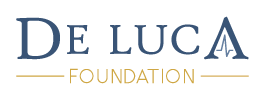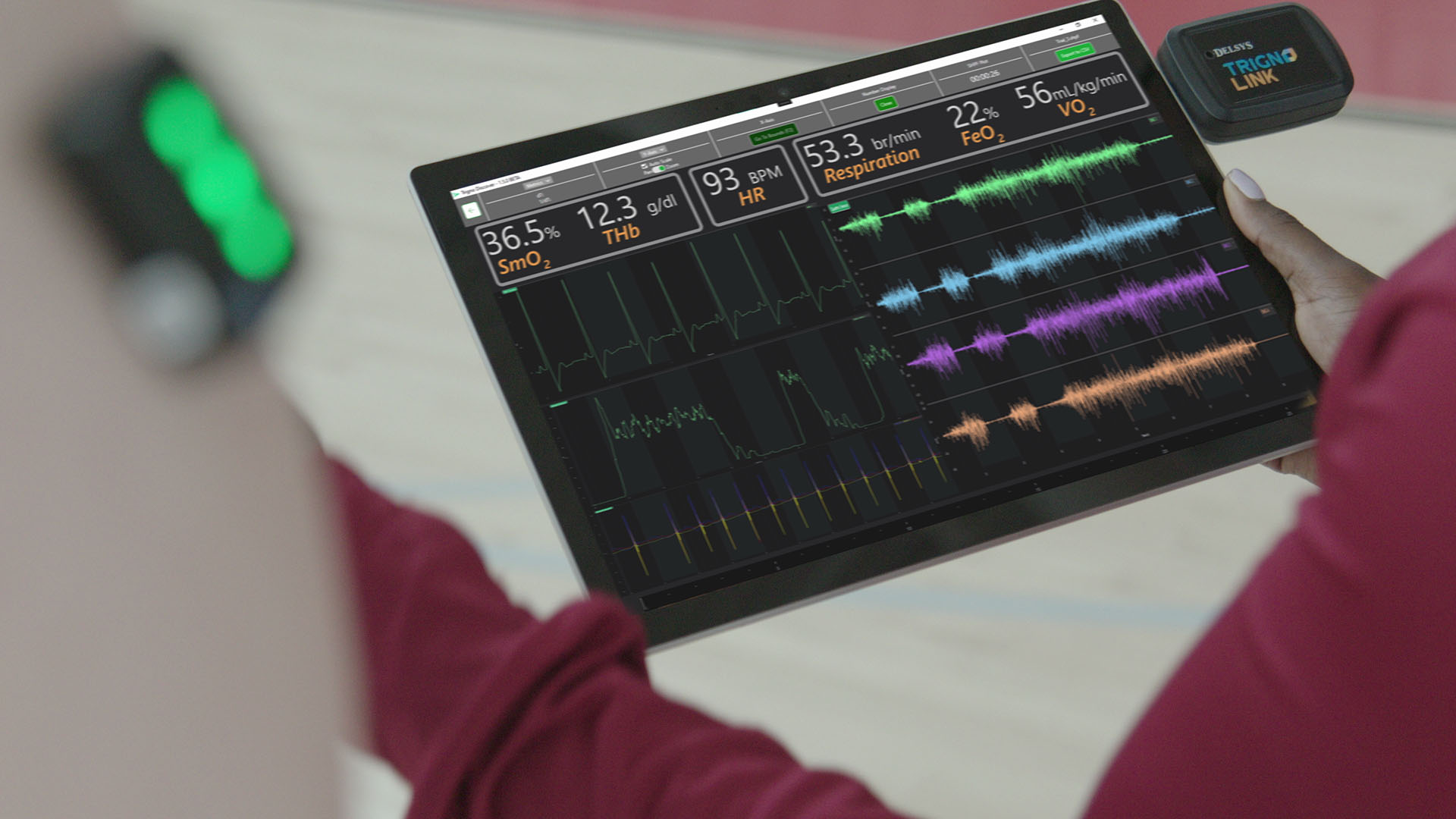

For student researchers seeking to expand research in health and movement sciences
Seed for Science: A catalyst for your future research career
There are many diseases that involve the interaction between the cardiovascular and neuromuscular systems that need immediate attention.
Topics, such as the examples below, require a platform where the cardiovascular and neuromuscular systems can be studied together.
Seed for Science gives young researchers that platform.
The Focus
Seed for Science is an annual initiative, running for the next ten years, designed to support the brightest student researchers in health and movement science-related fields, and to provide them with funding and research equipment as part of semester-long fellowships. This year, the De Luca Foundation will be selecting four winners who will advance science by conducting novel pilot studies on the interaction between the cardiovascular and neuromuscular systems of the human body.
Possible fields of interest:
Exercise Science
Human Movement
Motor Control
Biomechanics
Cardiovascular Health
Our Goal: To cultivate the next generation of scientists.
Seed for Science provides students with the platform to lead cutting-edge research and establish new frontiers in health and movement science-related fields.
Selected candidates will work with a principal investigator at their selected institution to complete a semester-long fellowship. As a part of their fellowship, each winner will receive a $10,000 stipend, Trigno EMG equipment provided by Delsys, and biofeedback sensors from Moxy, VO2 Master, and Polar.
Winners will also earn the opportunity to visit Delsys Headquarters, located in Boston, USA, to present their work, meet the team, and learn first-hand from leading researchers.
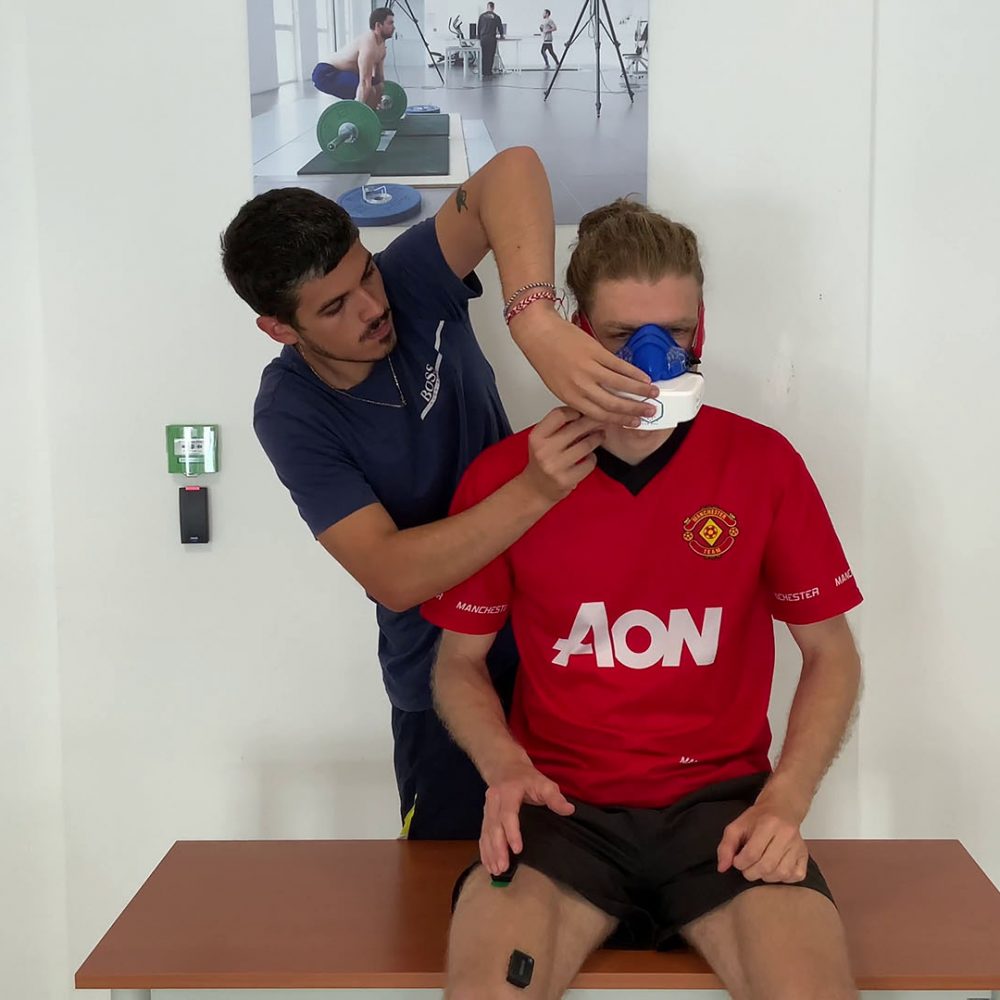
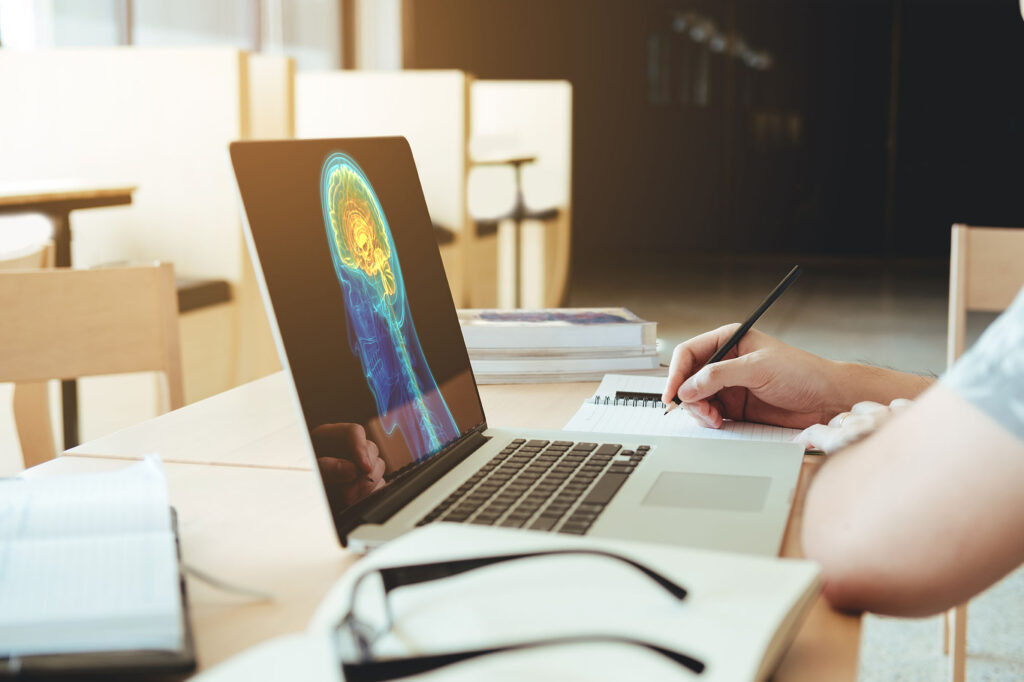
Applicant Eligibility
If you answer YES to these questions, then you are eligible to apply for the Seed for Science initiative!
- Are you a student or post-doc who conducts research at an institution?
- Are you interested in the interaction between the cardiovascular and neuromuscular systems of the human body?
- Would you like to conduct novel research and help integrate EMG into the world of health and movement sciences?
Application Process
Design an innovative research proposal that explores the interaction between the neuromuscular and cardiovascular systems. Your research proposal should utilize all the tools provided: Trigno EMG, Moxy, VO2 Master, and Polar.
Criteria for Evaluation
Research proposals will be evaluated based on their novelty, feasibility, and potential impact.
Timeline
Application Opens: September 8th, 2023
Deadline: December 8th, 2023
Announcement of the Winners: January 10th, 2024
Funding your Future
Four outstanding recipients will each win the following:
- $10,000 USD stipend*
- Trigno Lite System
- 4x Trigno Avanti EMG Sensor
- Trigno Lite Dongle
- Trigno Lite Charging Station
- Trigno Discover Software
- Integration Tools
- 1x Trigno Link Module
- 1x Moxy NIRS
- 1x Polar HR monitor
- 1x VO2 Master
*This will be paid to the institution and will be relayed to the winner in the form of a stipend.
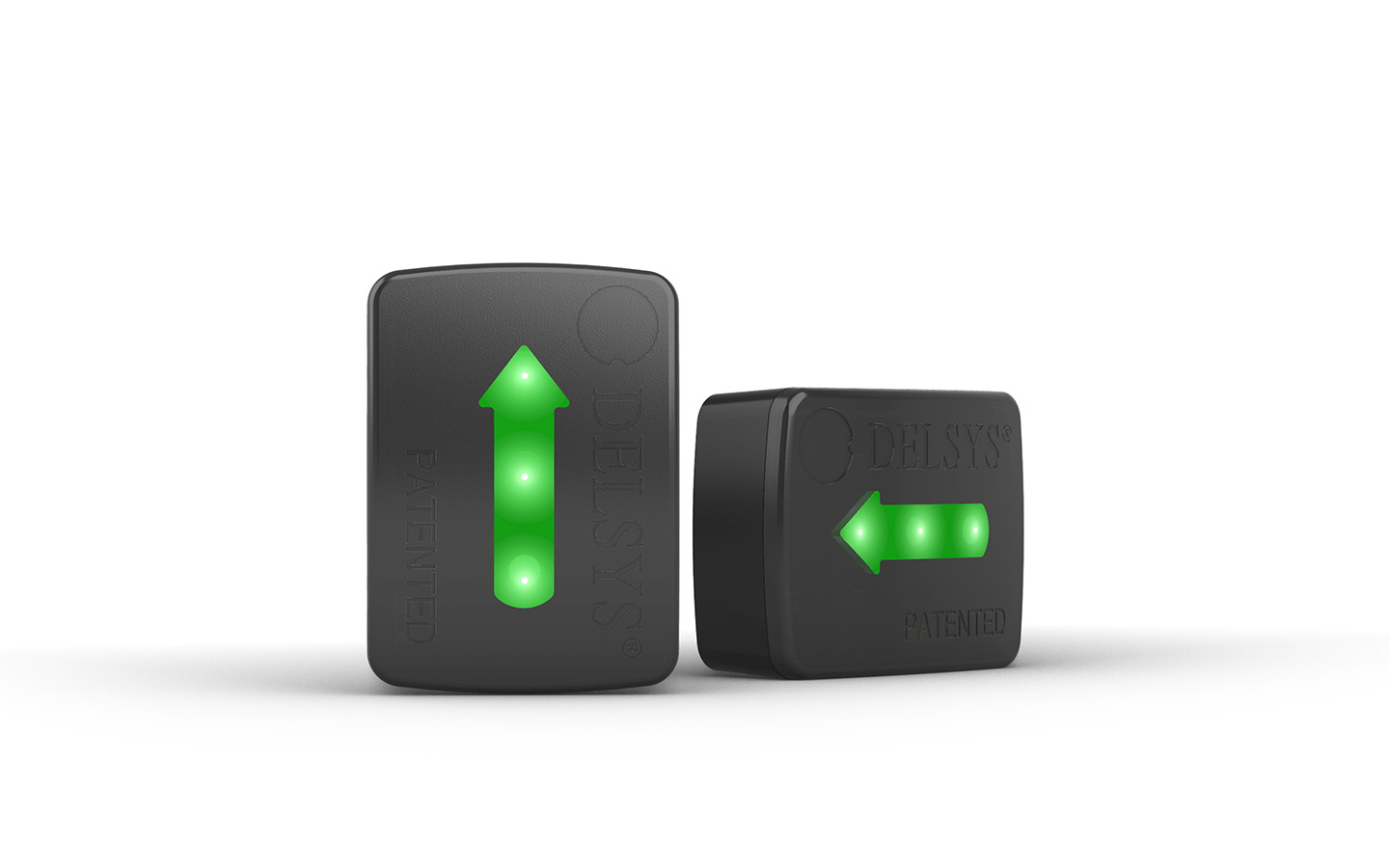
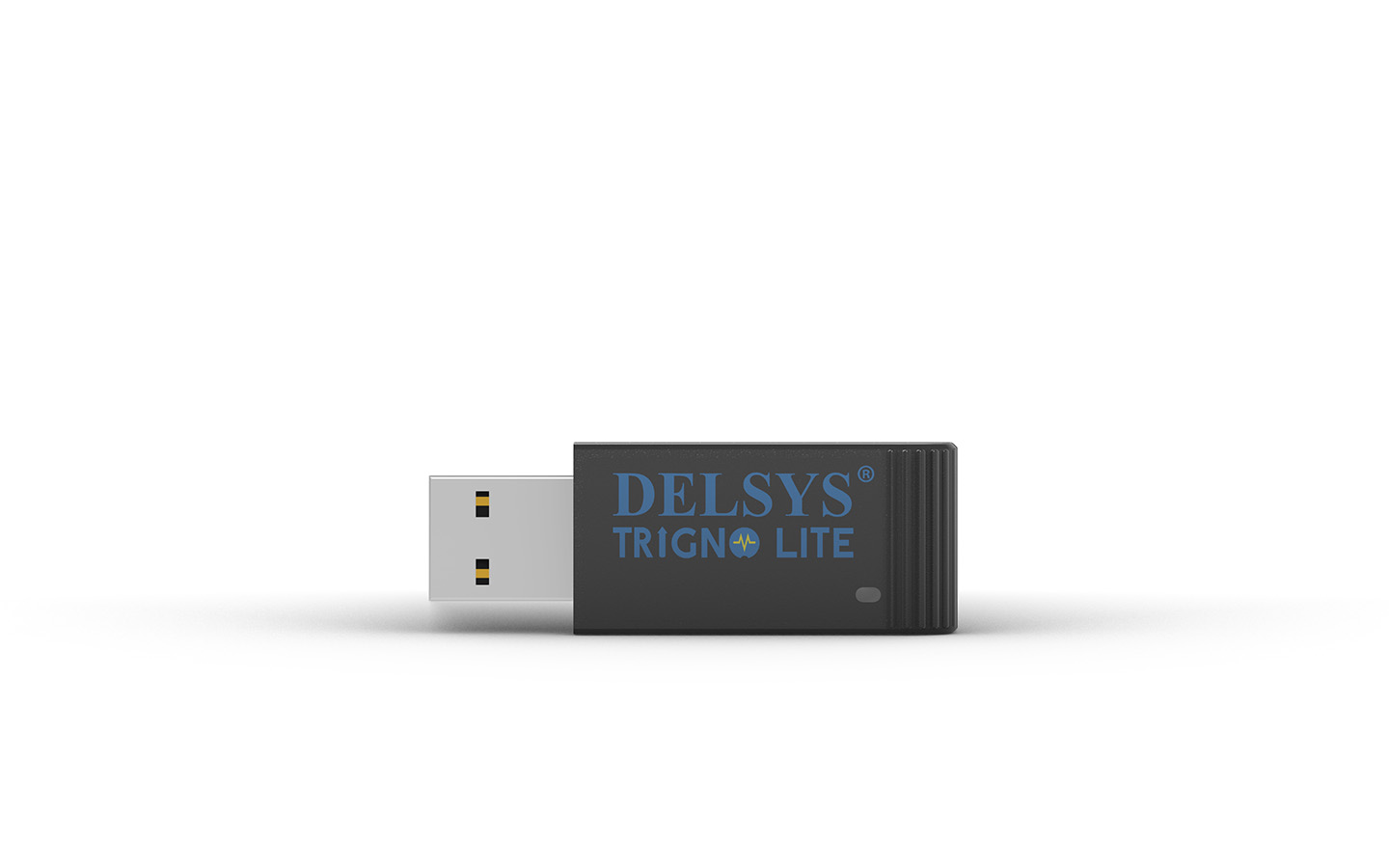
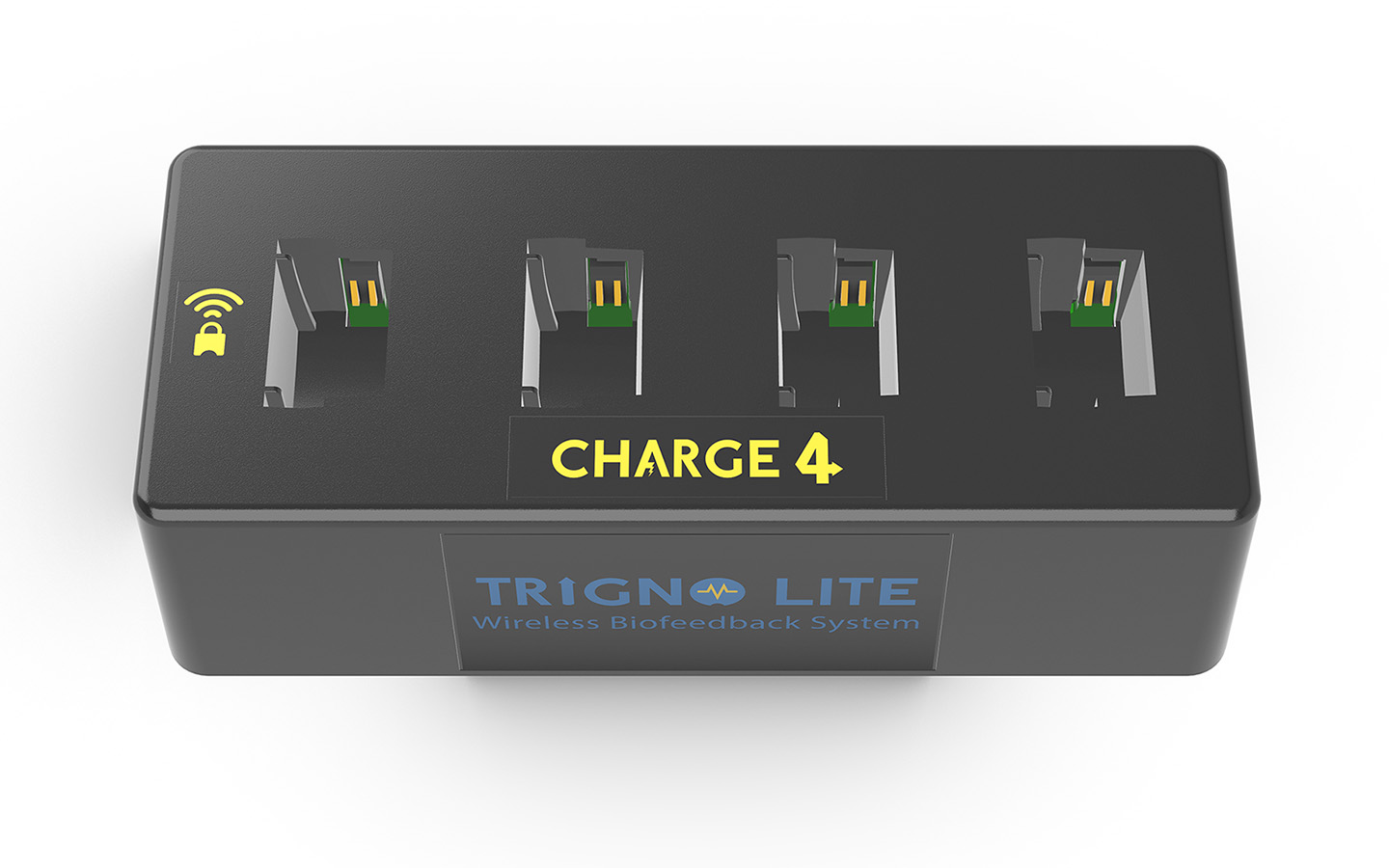
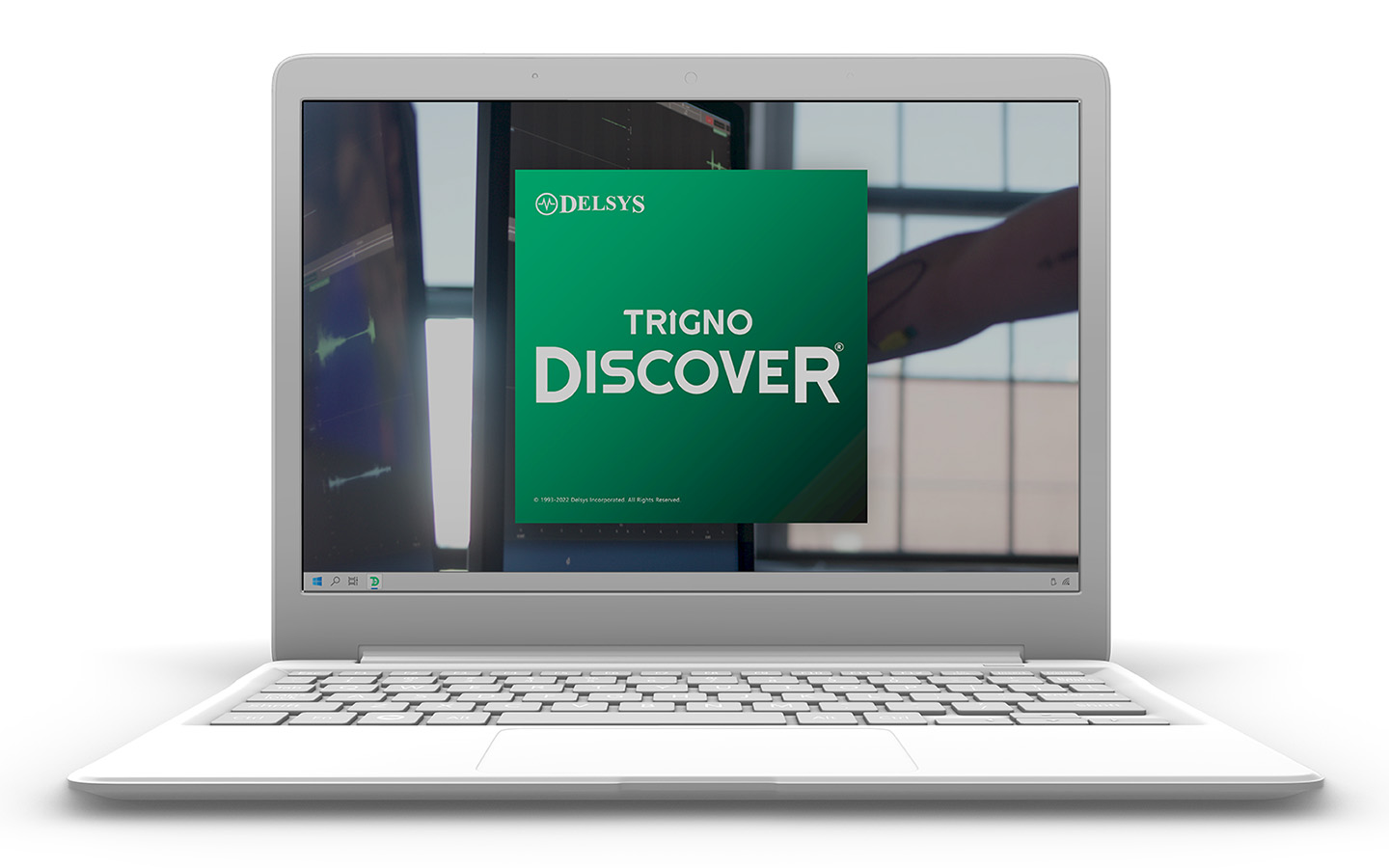
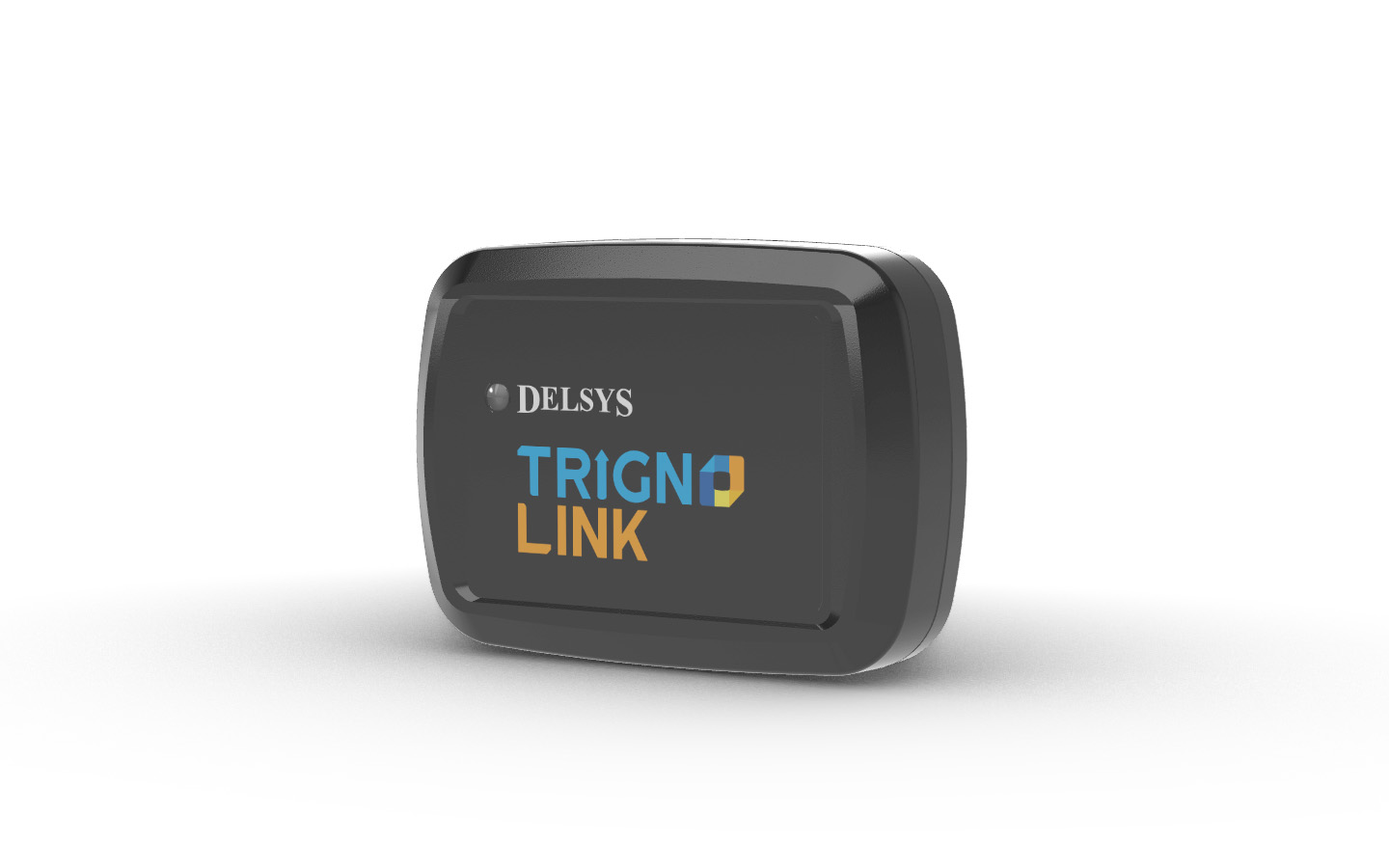
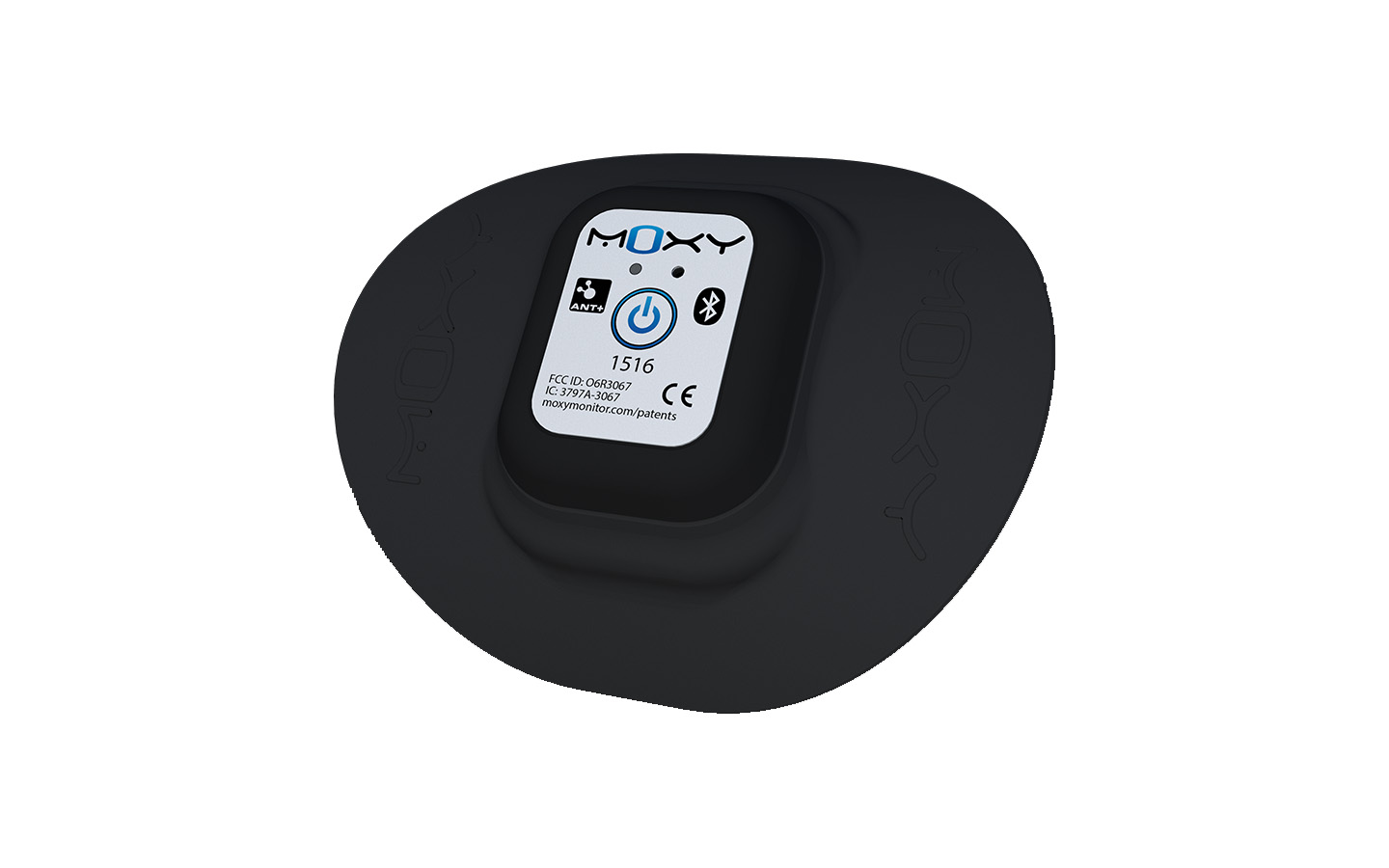
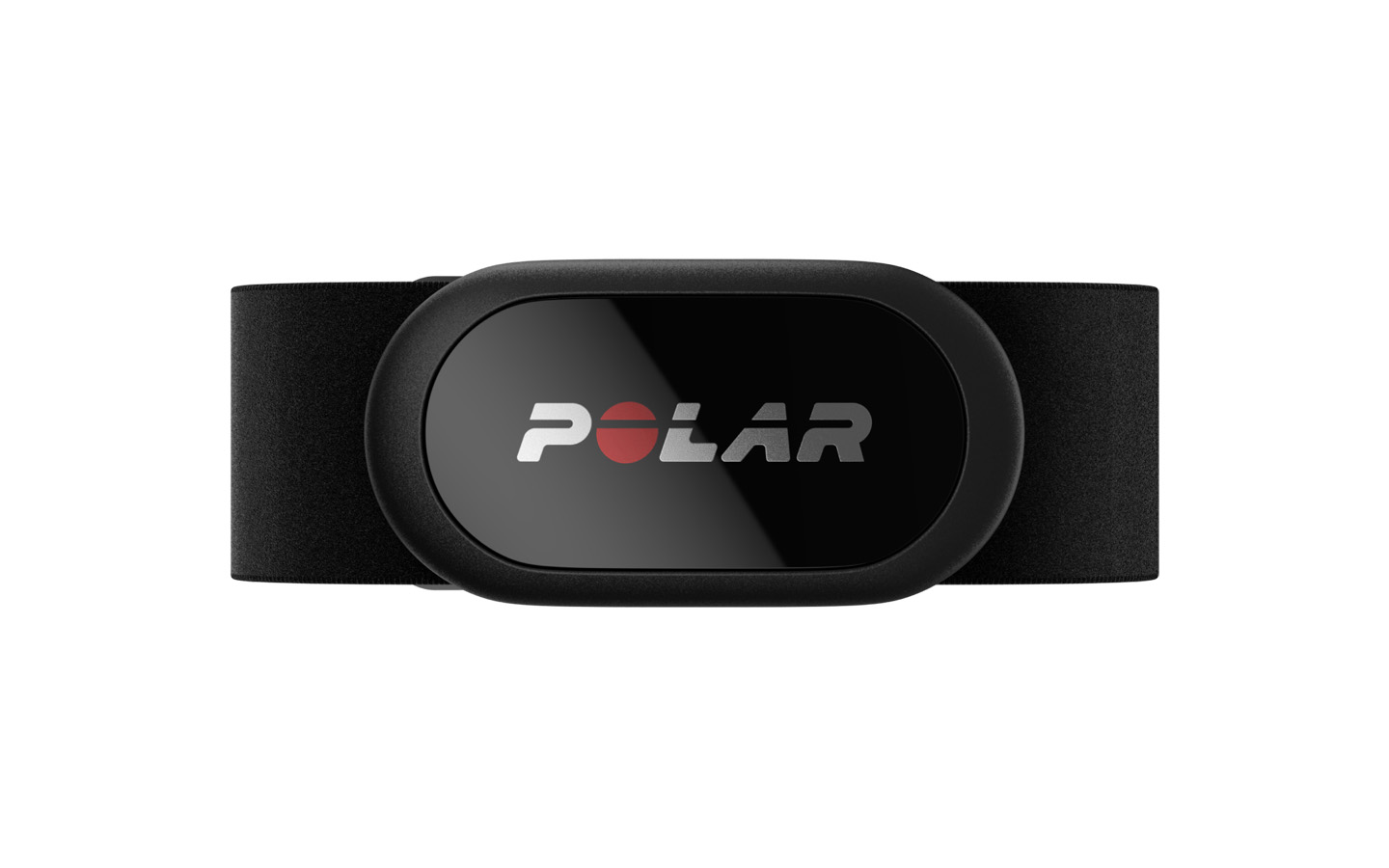
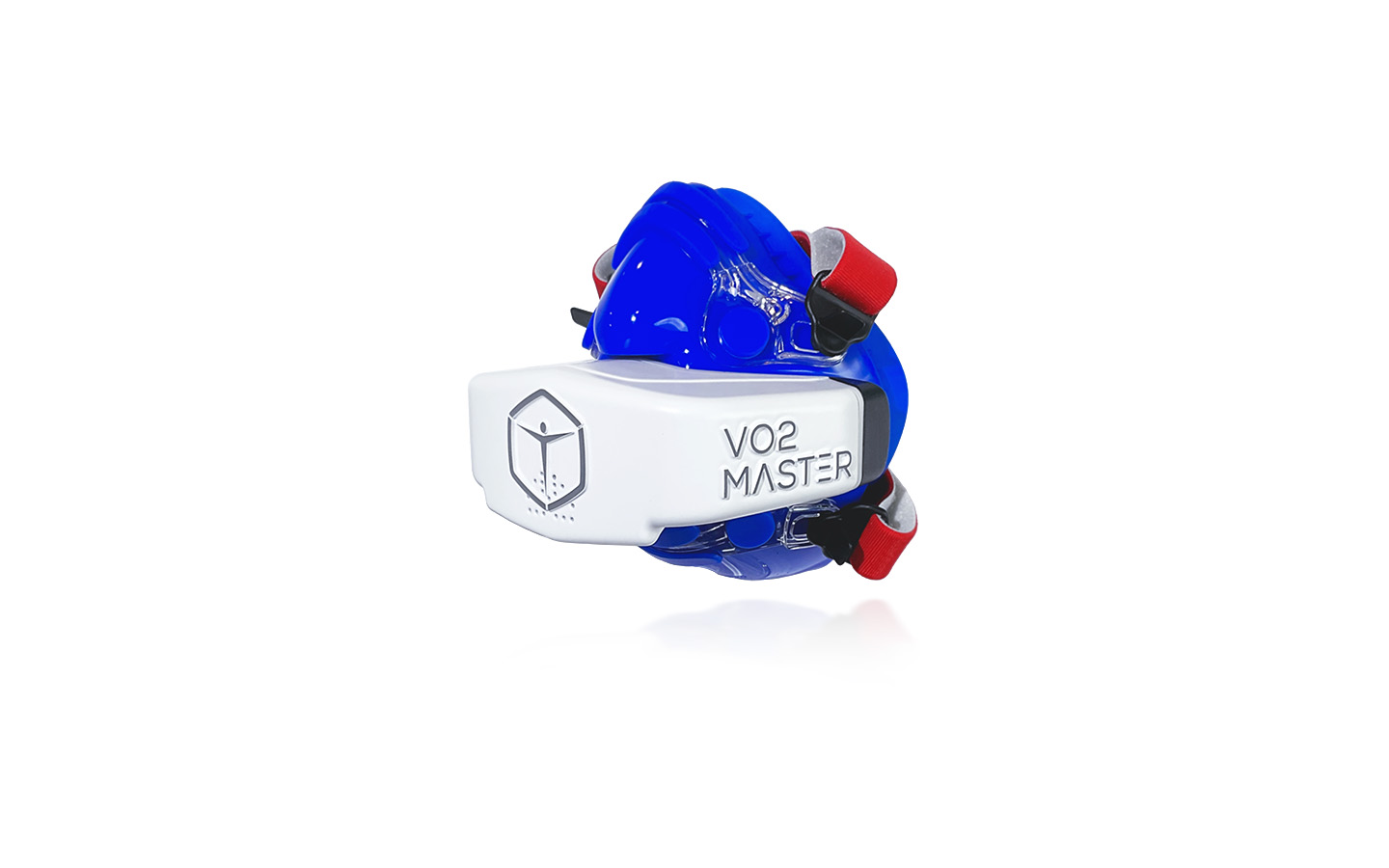
Frequently Asked Questions
Any student or post-doc who conducts research at an institution may apply.
This year, four winners will be selected.
Funding will be paid to the winner’s institution and relayed to the winner in the form of a stipend.
No, you may choose to research anything as long as it combines the neuromuscular and cardiovascular systems.
Yes, you must use EMG, Moxy, VO2 Master, and Polar in your proposal. You may include other measurements if they can be integrated realistically.
Applications will be reviewed by an internal review board.
The fellowship will take place at your university with your chosen professor.
References
Centers for Disease Control and Prevention
Sarah Jacob, Ronak Kapadia, Tyler Soule, Honglin Luo, Kerri L. Schellenberg, Renée N. Douville, and Gerald Pfeffer
Xinrong Zuo, Xuehong Li, Kuo Tang, Rui Zhao, Minming Wu, Yang Wang & Tao Li
Cleveland Clinic
Pedro Verissimo, Karina T. Timenetsky, Thaisa Juliana André Casalaspo, Louise Helena Rodrigues Gonçalves, Angela Shu Yun Yang, and Raquel Caserta Eid
